Most of us know only the basics about African-American history, and this was barely even thought in public schools, except for the rare occasions if you had an activist or black teacher, if not African-American history was relegated to only Black history month and for those who don’t know it’s ironically in the shortest month of the year, in February. It is almost like America is ashamed of its past and wants to forget this dark and tragic history. I have a first-class degree in English with a minor in Queer and African-American studies, so I know what I am talking about when it comes to the severity of the Jim Crow Laws and their effect on former slaves and their continued effect on current African-Americans. Most of us only know the basics about the Jim Crow era, and others know little to nothing. Don’t worry, I’ve got you covered with this blog; learn more about it by reading on.
What in the Hell are Jim Crow Laws?
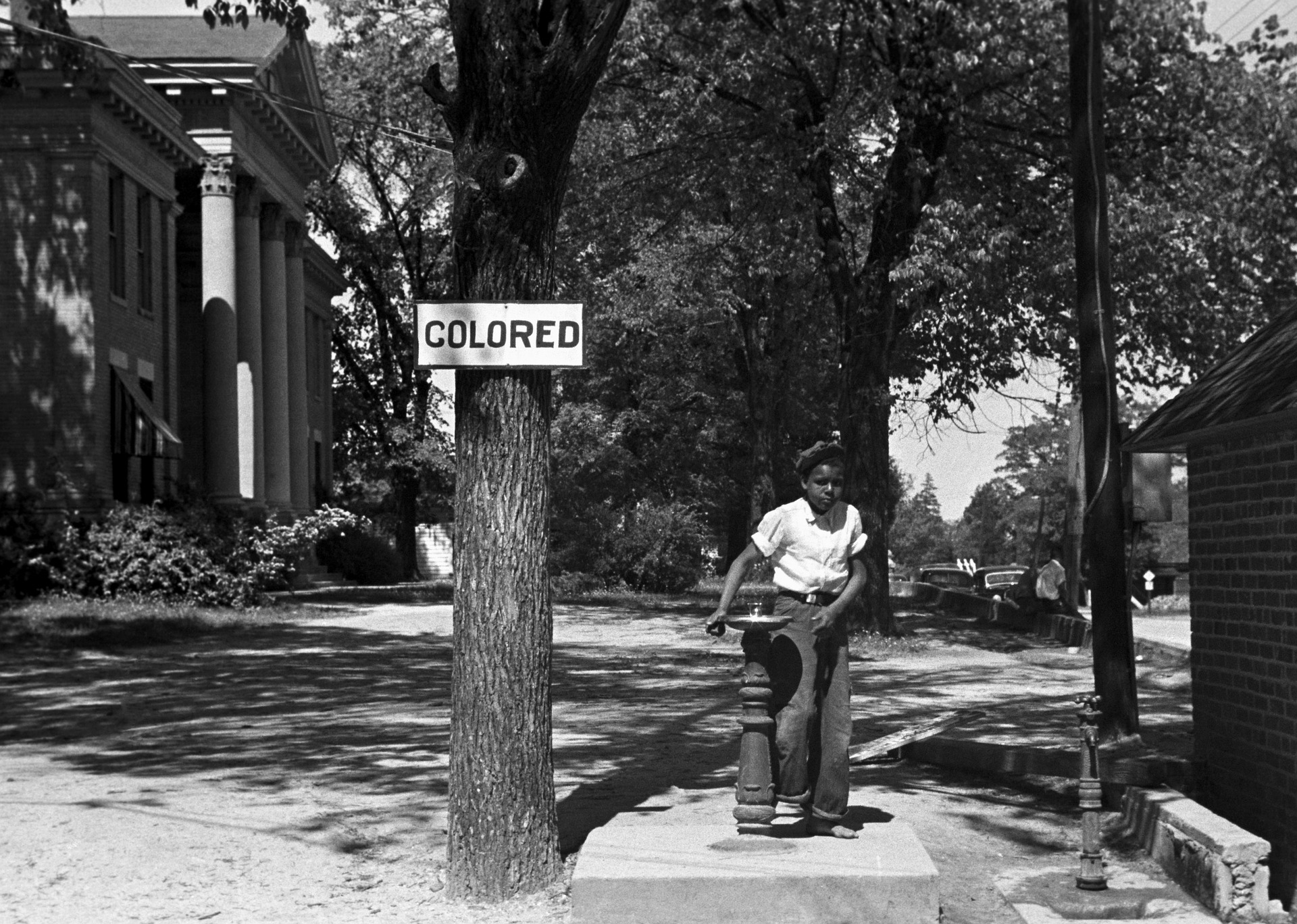
It is a collection of states and local legislation and statuses that made racial segregation legal; this is what civil right activist Rosa Park, Bayard Rustin, MLK, and Malcolm X. were fighting against. After an infamous Black minstrel show, this era and laws that cropped up with it were named Jim Crow. These laws were in place for about 100 years, uptil 1968, when the civil rights activists decided to say that enough is enough and that these laws are racist and anti-black. These laws were meant to discriminate against black people and voices and uplift white mediocrity. Black people were denied jobs, entry to public spaces, vote and educations, and better opportunities during this era. There were only white and only black signs and black people had to suit at the back of buses (Rosa Park is famously known for). Like Parker, those who defied these laws were arrested, fined, and even sent to jail.
Black codes and post abolition of slavery
The roots or when the thought behind the Jim Crow laws started was when talks about the abolition of slavery began. It began as earlier as 1865, which was immediately followed by the 13th amendment, which made ‘slavery’ legal as long as these people were not free, and guesses who aren’t free, prisoners and just which group of people make up the largest portion of people in jail. If you guessed black people, you would be right; even though African-Americans only make up about 14% of the US population but 1 in 81 Black adults are servicing time in State prisons in the US.
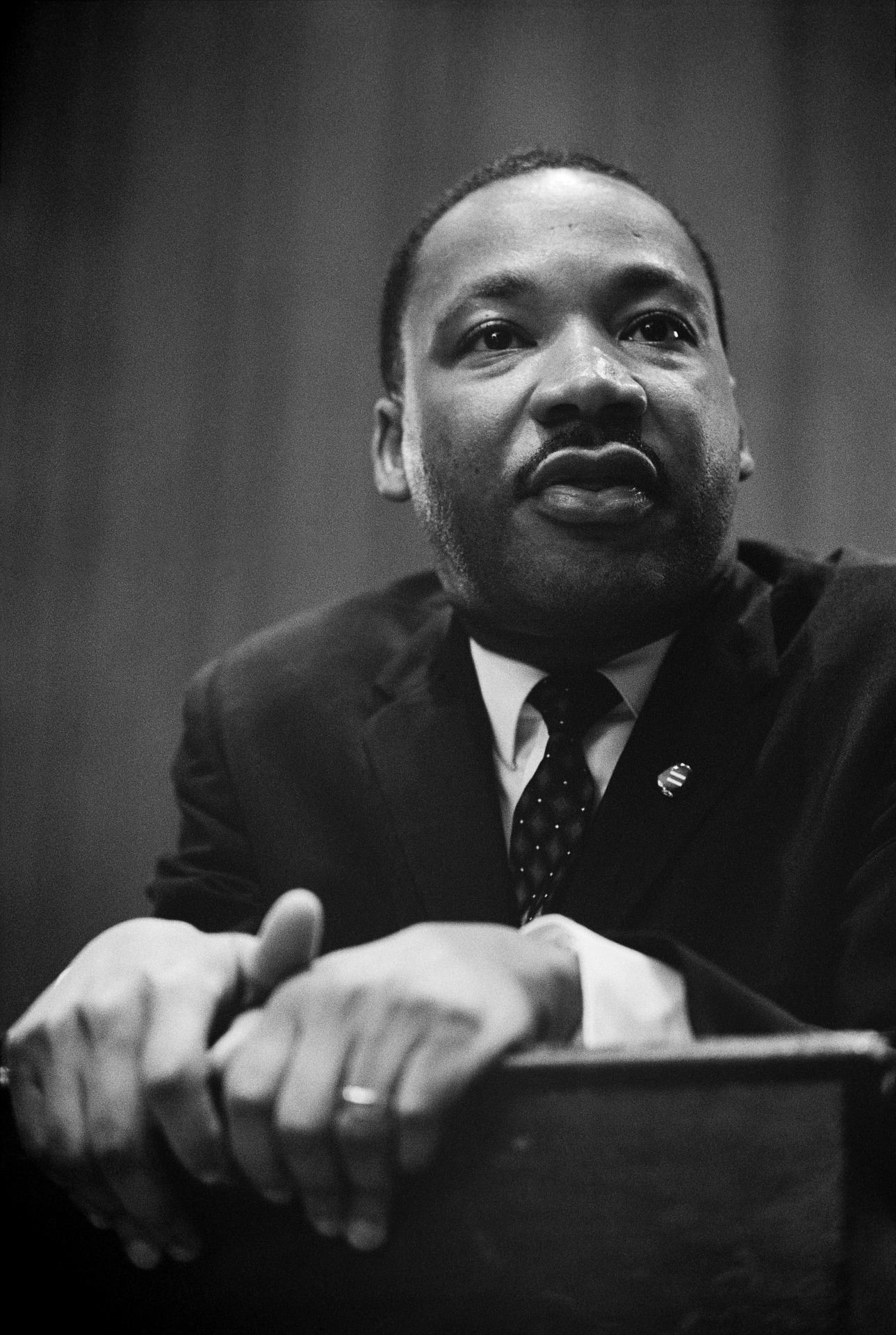
Black Codes were sort of restricted and strict states and local areas that would painstakingly identify where and how the former enslaves could work and what kind of jobs they were allowed to do. It also dedicated how much these people were paid too. These abject laws appeared throughout the south to force African-Americans into forced servitude, their voting rights (3/5 compromise), there and how they lived, seized their kids for labor and even where they could and couldn’t travel.
The aftermath Crow Laws in 2020
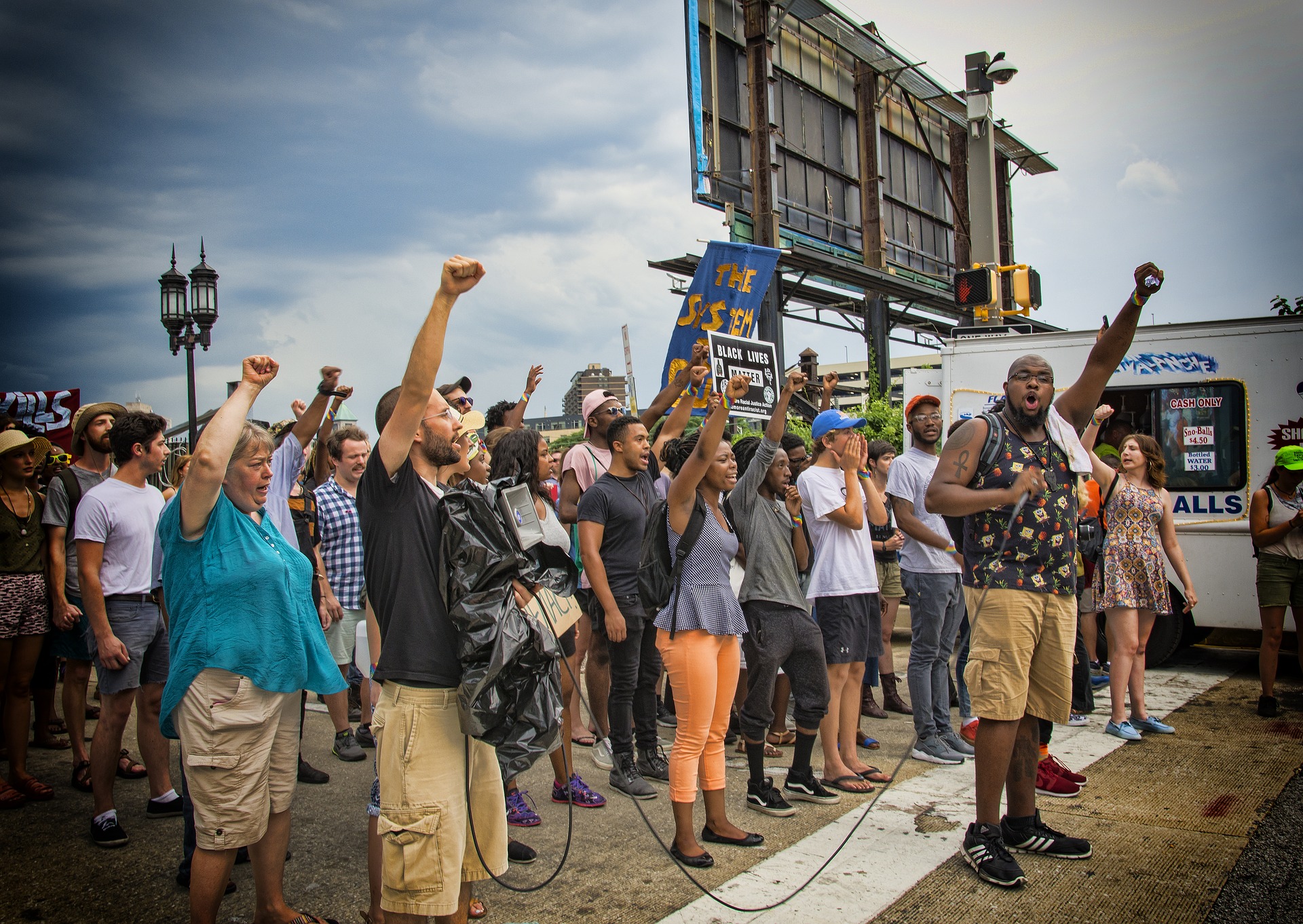
Though most of these laws have been abolished and are one only figment of America’s history, which is riddled with violence and the subordination of people of color, we can see in the aftermath of the Jim Crow laws in new laws and their enforcement. We have come a long way when it comes to race and the acceptance of our country’s sordid history, but there is still a long way to go. With the advent of the pandemic, there has been an increase in race-related crimes, which our leaders ought to address.
Say Their Name
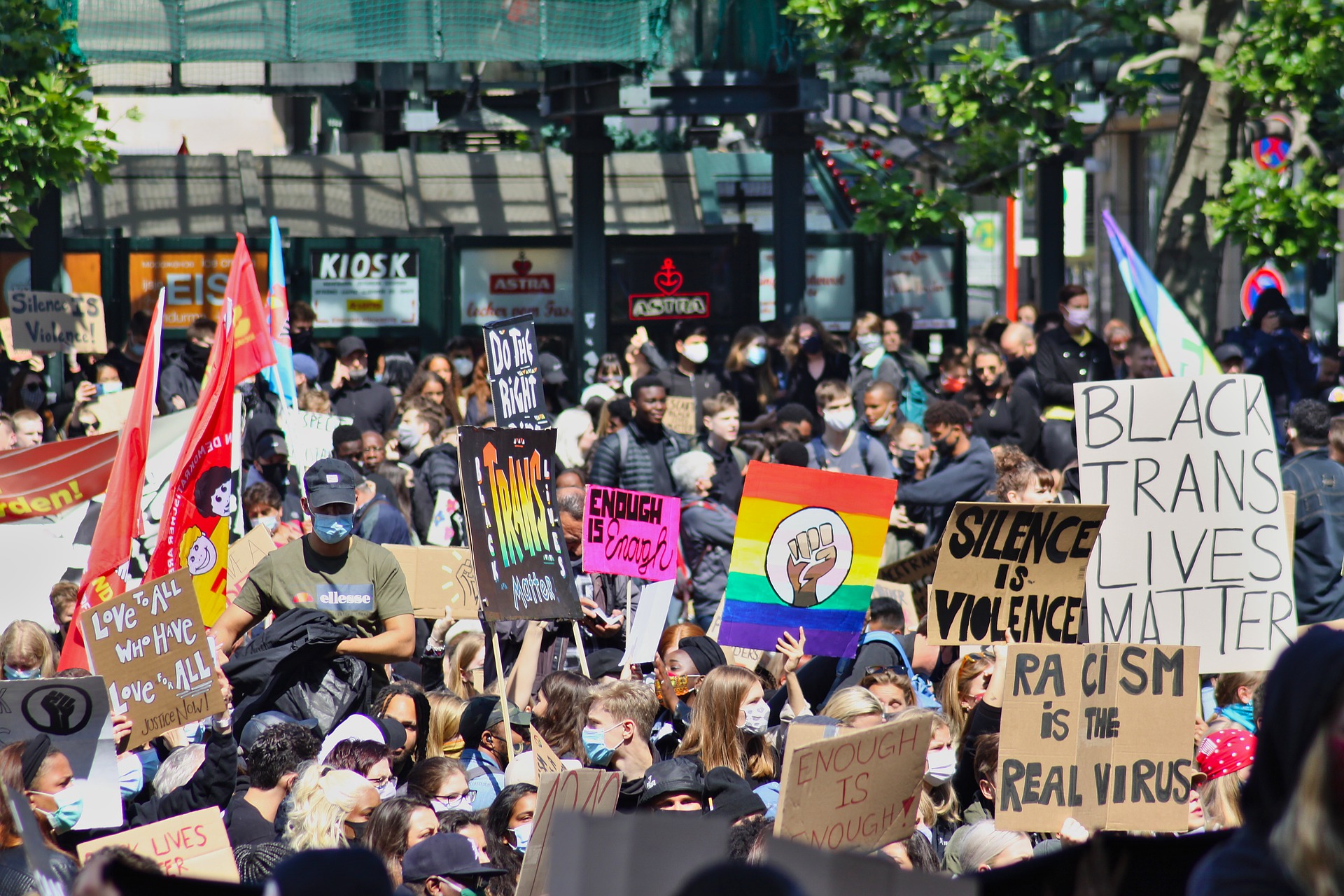
I’d like to end this piece with the name of the people we lost this year because of systematic racism and Police Brutality. #Saytheirname:
-
- Daunte Wright (aged 20)
-
- Dominique Williams (aged 32)
-
- James Lionel Johnson (aged 38)
-
- Jenaoh Donald (aged 30)
-
- Ma’khia Byrant (aged 16)
-
- Marvin Scott III (aged 26)
-
- Matthew “Zadok” Williams (aged 35)
-
- Patrick Warren (aged 52)
-
- Robert Howard (aged 30)
-
- Ryan Leroux (aged 21)
-
- Vincent Belmonte (aged 18)
-
- Xzavier Hill (aged 18)
I know these are just names on a random blog on the internet, but saying these names repeatedly makes us remember them and are reminded of why we should end the police system as it is right now. So, no, we would be satisfied with crumb; there is no peace until all of us are treated as equals. Sound off in the comments section below and tell us if you want to read more about the judicial system and its mistreatment of Black bodies.

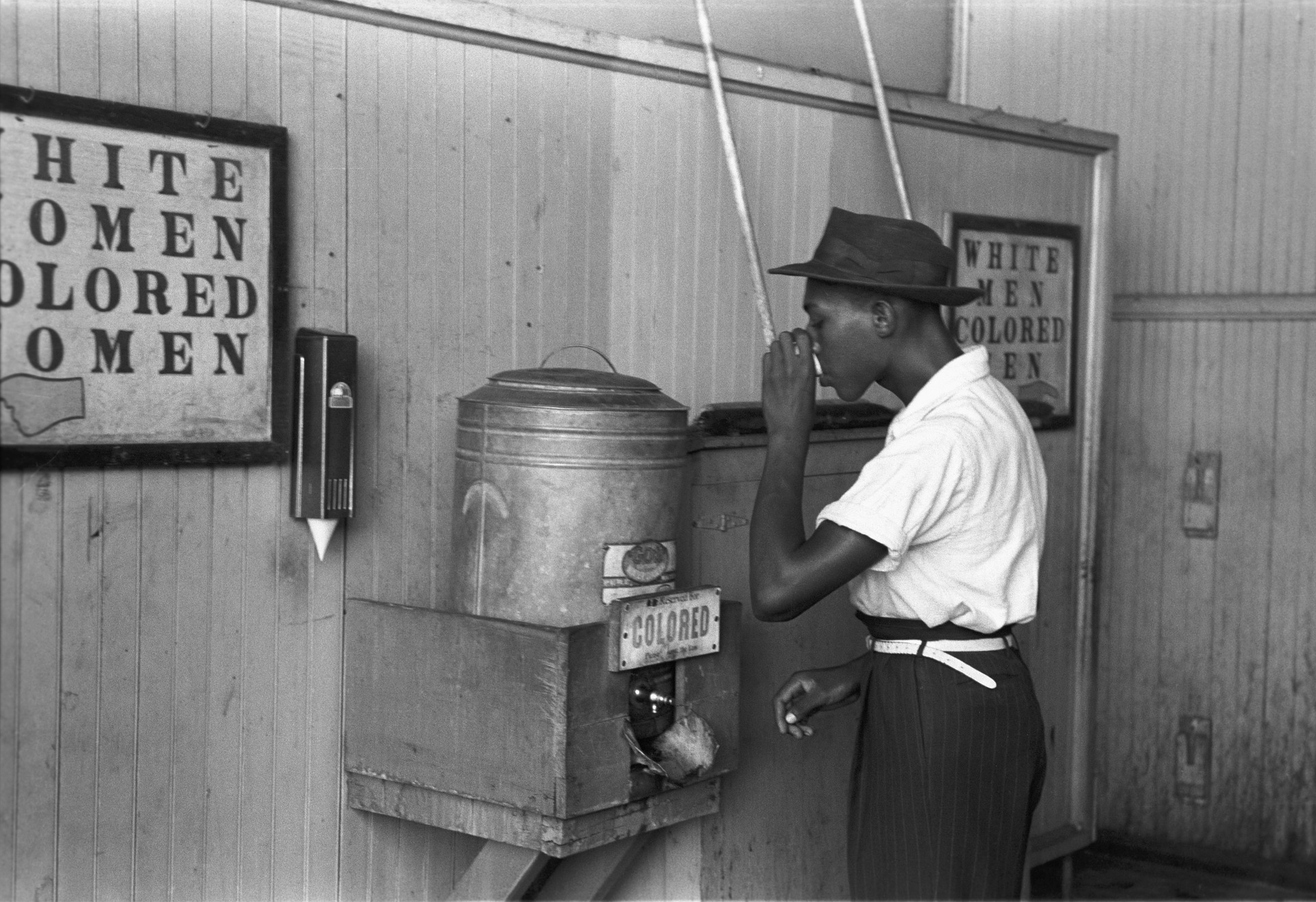
Pingback: The Ridiculously Comprehensive Guide to the 13th Amendment | Law blog online